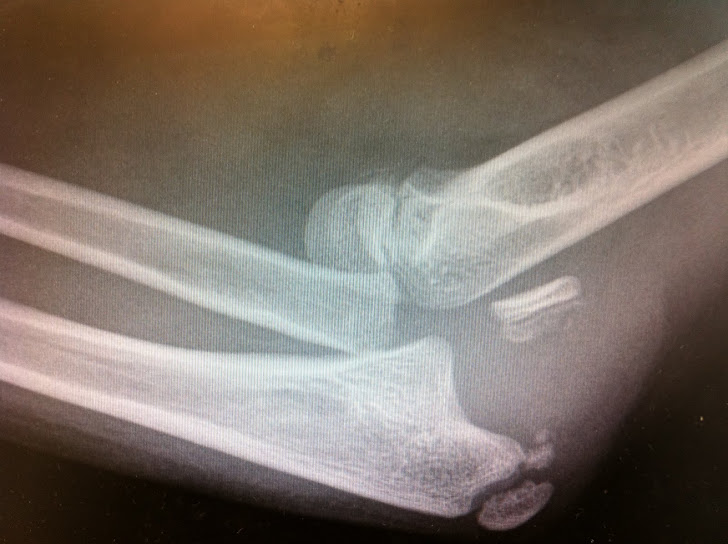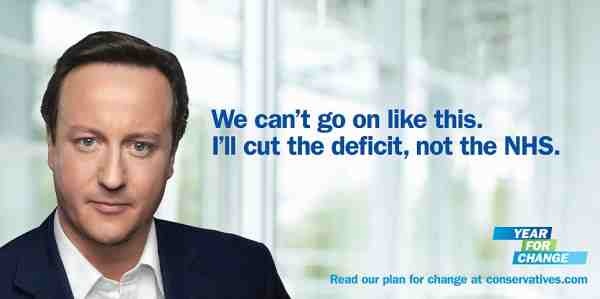The new GMC guidance advising doctors on social media sites to use their real names has caused many to review their position and perhaps withdraw from these sites altogether when the guidance comes into force on 22nd April 2013.
I don't pretend to talk for all of us who remain anonymous but I will tell you the events that made me realise anonymity is important to me, and you can make your own judgement.
In 1998 I returned to the UK after a 'gap year' in Australia. Back then Basic Surgical Training rotations were in their infancy. You were expected to micromanage your own experience, training and education. Serial 6/12 SHO posts was the norm. I had been a surgical SHO for 4 years. Sitting the old FRCS Part 2 I had done the Thomas's course where of the 36 SHOs on the course, 31 wanted to do T&O. With its 88% pass rate I knew I would be seeing these same SHOs at reg interview after reg interview so I ran. All the way to Australia. Just so I could be a registrar.
Another historical point: being a T&O SHO back then was no picnic. It was a house job. We all came in at 7am to get as much ward work done as humanly possible to allow us to get into theatre, with evening catch-ups on the day's patients. No F1s, no phlebs, no ECG technicians, pre-assessment clinics and regular clinics with your own template ... and you were glued to your boss. If he did an evening ward round, you did. If he had a Saturday PP list, you were there. That was just how it was.
So I got my Part 2 & five days later I was on a plane to Oz. 18/12 of registrar-level trauma experience. It was amazing. Had juniors and everything.
Came back and started applying for registrar rotations. Had a great logbook, broad range of surgical specialities under my belt and the Exam.
More history: no online applications in 1998. Each post wanted 10-15 paper copies of your CV and application form. That is some weight of paper, for starters. 33 registrar applications later, my confidence was waning. Jobless, I went back to an old hospital and was welcomed with open arms by A&E where they knew I could keep Minors flowing without concern.
Then this article came out in "Hospital Doctor". Two page spread from a Prof of T&O encouraging people to apply. So popular, 300 applicants per post, 1:8 regs were women, la la la.
The red mist came down. I wrote a letter. My experience. How could they encourage trainees to put their life on hold in a perpetual hamster wheel of house jobs whilst application after application went by the wayside. SHOs had to have career progression and realistic guidance. Churning out pointless papers in the name of 'research' was an exercise in futility.
And "Hospital Doctor" printed it. In its entirety. With my name on the bottom.
The phone calls were of two varieties. Former registrars thought it was the longest career suicide note in history. A Regional Advisor from an area I'd never worked in got in touch and was hugely supportive and helpful, as were two former bosses, who were kind enough to help rewrite CVs and application forms.
Then I got shortlisted for a registrar rotation. I couldn't believe it. After 33 applications and a public baring of the soul, the invitation to interview.
I had maybe a week, ten days, of being quite jolly, making plans and booking appointments with those on the 22 member interview panel who were seeing candidates.
Then a phone call. Thank goodness for that phone call. From the Programme Director's senior registrar, someone I had known a little, earlier in our careers, who I did then and still do respect hugely. 'They have short listed you to see who you are. You are not going to get a job'.
So I went in prepared. Well not totally, as who can be strong enough to withstand the opprobrium of 22 senior academics and clinicians seated on 3 sides of a giant square table, handing round copies of the magazine with your printed letter open just in case someone hadn't seen it.
It was a massacre.
The following day one of the panel rang me to offer me a Trust grade registrar job. With his help & support, and the backing of that unit, my next interview for a training rotation the following year was successful. I've now been a consultant for six years.
Now we have outlets for our concerns, our anxieties, our anger. It's healthy I think to have somewhere to vent & share, to have things put into perspective, to receive support in an otherwise isolating environment. But anonymity is key. I put my name to my feelings, and stalled my career.
I will not make that mistake again.


I'm not an expert on employment law but something about this seems terribly wrong. Thank you for sharing.
ReplyDeleteNo expert in employment law either...but sounds terribly familiar to anyone who's trained in NHS or experienced the bastardry of junior doctor training. Other examples (ScotJunior) come to mind.
ReplyDeleteSurely a good enough reason to allow a degree of anonymity as a Dr when wither questionning established norma, whistleblowing or writing for satire.
@jobbingdoctor has it right - this is about control, not patient protection.
Just my thoughts. I may be wrong.
Tim Leeuwenburg
Housedog@doctors.org.uk
@KangarooBeach
www.kidocs.org
Thanks Tim. Those who support & those who back GMC have been in equal measure though those who want Drs named seem to think that staying anon is cowardice, an excuse for 'bitching & ranting' (someone's been trolled I think). I don't tweet 'as a Dr' but can't help having an interest in medical politics, esp now. Didn't expect GMC would want to lock down my private life, as well as my working one, but I guess if we're screwed down tight we'll not blow any whistles on the changing NHS.
DeleteWhat a terrible experience - it is pleasing that at the end of the day, there were some decent enough people to help give you a chance to prove yourself. Sadly, these types of injustices also happened in Australia and I am sure everywhere in the world as well. It is unclear as to whether you had a Jerry Maguire moment when you wanted to get something off your chest publicly with a rush of blood to your head or whether it was a case where the magazine had published your letter publicly and without your permission but whatever was the situation, your story is certainly one where anonymity could have made a difference.
ReplyDeleteI agree that there are situations where anonymity is important and this could include whistle blowing and practising in small communities - I think these could probably be argued as to why one could not comply with the 'should' in item 17 - 'should' is defined by the GMC as ‘You should’ is also used where the duty or principle will not apply in all situations or circumstances, or where there are factors outside your control that affect whether or how you can follow the guidance.
As for a desire to discuss medical politics, anybody is entitled to do so. Is it so important to state that you are a doctor in your bio in order to be able to discuss or debate it? Your current bio on twitter makes no mention that you are a doctor and whilst the link to your blog says that you are a bonesetter, its grey as to whether this means you are a doctor. To me it seems quite reasonable for you to carry on as normal given that you have not actually stated that you are a doctor. I personally do not think you are affected. The paranoid will try to convince you that you could be in trouble but the GMC probably does not have the resources or the real desire to make you into a test case for 'control'. Don't let anybody convince you that you are doing anything wrong or sailing close to the wind.
On patient safety, rather disappointingly, I have observed anonymous doctors on twitter (as recent as last week) giving out personal medical advice without so much of a history or even cursory view of imaging. Whilst most of us think this crazy, it is clear why some doctors need guidance documents.
Thank you for your comments Henry, they are reassuring... I didn't think I transgressed but was concerned I'd be swept up in a 'catch-all' move. It is upsetting to see confidentiality breaches and I don't think the need for care can be restated often enough. But that applies to all Drs on twitter, not just the anonymous ones.
DeleteThere is promised GMC clarification: awaited with much interest. In the meantime, please to see Clare Gerada and Medical Protection Society have voiced concerns over this paragraph.
The debate has become very emotive and people are being swept up in the paranoia. Sadly, I feel that there are a number who are goading doctors into feeling that they are potential guidance breakers to help further their own agendas/interests on the matter. Its a huge storm in a teacup.
DeleteHi Gilula - me again! Would love your opinion on why anonymity is key for the Orthopaedic Product News piece on the social media ban! If you feel that might be possible, do drop me a line at hadleym3@googlemail.com
ReplyDeleteThanks so much.
Sorry Hadley. Been burned before (please see above) by having my views in print. So many thanks for the interest
DeleteThis post is very perfect and useful information post Shoulder Dislocation Thanks for sharing this post.
ReplyDelete